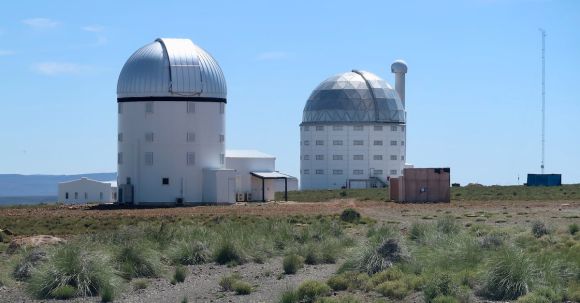The Scientific Revolution, which occurred from the 16th to the 18th century, was a period of significant advancements in various fields of science. During this time, the way people understood the natural world underwent a radical transformation. This article aims to explore the driving forces behind the Scientific Revolution and shed light on the factors that contributed to its emergence.
The Renaissance and Humanism: Igniting Curiosity
The Renaissance, a period of renewed interest in arts, sciences, and humanities, laid the foundation for the Scientific Revolution. The humanistic ideas that emerged during this time stressed the importance of human potential and the ability to reason. This emphasis on human intellect inspired scholars and thinkers to challenge traditional notions and explore new avenues of knowledge.
The Printing Press: Spreading Ideas and Knowledge
The invention of the printing press by Johannes Gutenberg in the 15th century revolutionized the dissemination of information. With the ability to mass-produce books, ideas and scientific discoveries could now be shared more widely and rapidly. This facilitated the exchange of knowledge among scholars and fostered a collaborative environment that fueled scientific progress.
The Copernican Revolution: Challenging Geocentrism
One of the most significant events during the Scientific Revolution was the Copernican Revolution, led by Nicolaus Copernicus. Copernicus proposed a heliocentric model of the universe, challenging the prevailing belief in geocentrism. This radical shift in cosmology sparked debates and forced scholars to reevaluate their understanding of the natural world. The Copernican Revolution not only changed the way people viewed the universe but also paved the way for further scientific inquiry.
Observation and Experimentation: The Rise of Empirical Science
The Scientific Revolution marked a departure from relying solely on ancient texts and philosophical speculation. Scholars began to emphasize observation and experimentation as essential components of scientific inquiry. Galileo Galilei, a key figure in the Scientific Revolution, championed the use of telescopes to observe celestial bodies and conducted controlled experiments to test his hypotheses. This empirical approach to science revolutionized the way knowledge was produced and validated.
Institutions and Patronage: Support for Scientific Endeavors
The establishment of scientific institutions and the support of patrons played a crucial role in the advancement of scientific knowledge during this period. Institutions such as the Royal Society in England and the Académie des Sciences in France provided platforms for scientists to collaborate, share ideas, and publish their findings. Additionally, wealthy patrons, including monarchs and nobles, sponsored scientific research and provided financial support to scientists. This patronage enabled scientists to dedicate their time and resources to their work, further propelling the Scientific Revolution.
The Enlightenment: Rationality and Progress
The Enlightenment, an intellectual and philosophical movement of the 17th and 18th centuries, played a significant role in the Scientific Revolution. Enlightenment thinkers, such as Francis Bacon and René Descartes, promoted reason as the primary source of knowledge. They advocated for a systematic and logical approach to scientific inquiry, emphasizing the importance of evidence and experimentation. The Enlightenment’s emphasis on rationality and progress provided the intellectual framework for the Scientific Revolution.
In conclusion, the Scientific Revolution was driven by a combination of factors that transformed the way people understood the natural world. The Renaissance and humanistic ideas sparked curiosity and a desire to challenge traditional notions. The invention of the printing press facilitated the exchange of knowledge, while the Copernican Revolution and the emphasis on observation and experimentation revolutionized scientific inquiry. Institutions and patronage provided support for scientific endeavors, and the Enlightenment’s focus on reason and progress provided the intellectual framework for the Scientific Revolution. Together, these driving forces propelled the advancement of scientific knowledge and laid the groundwork for modern science.





